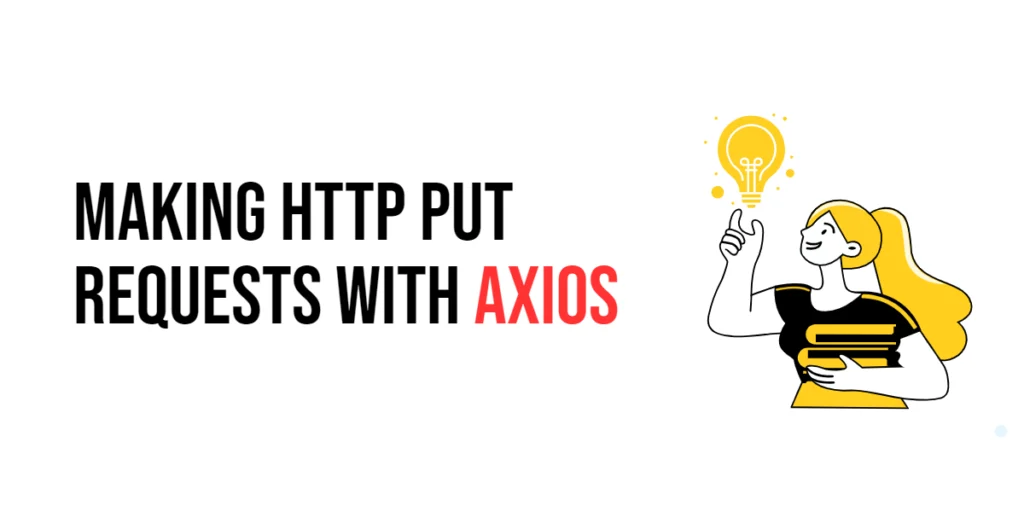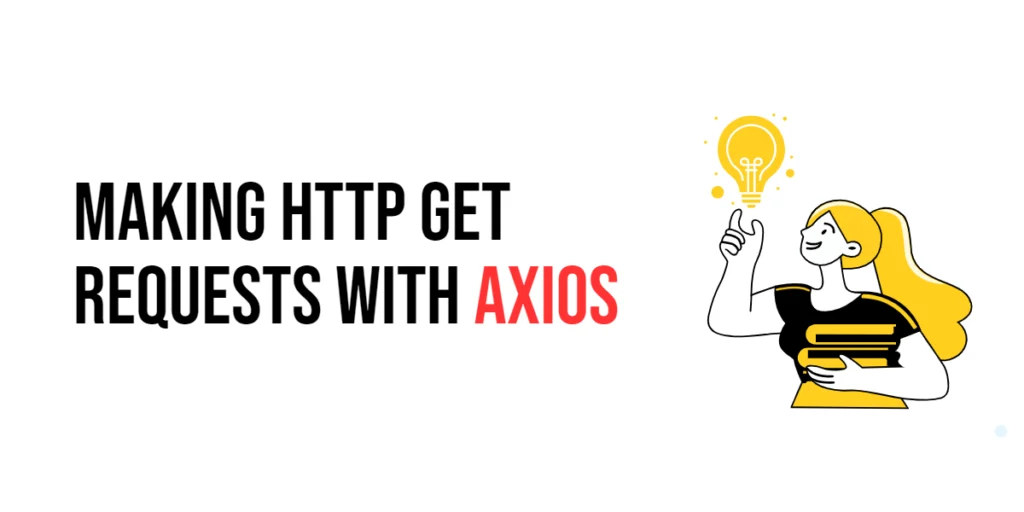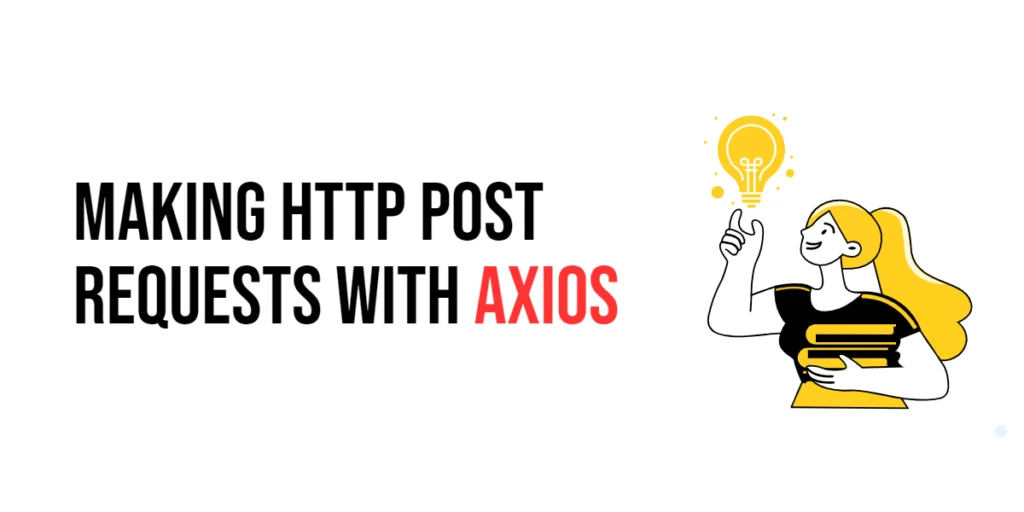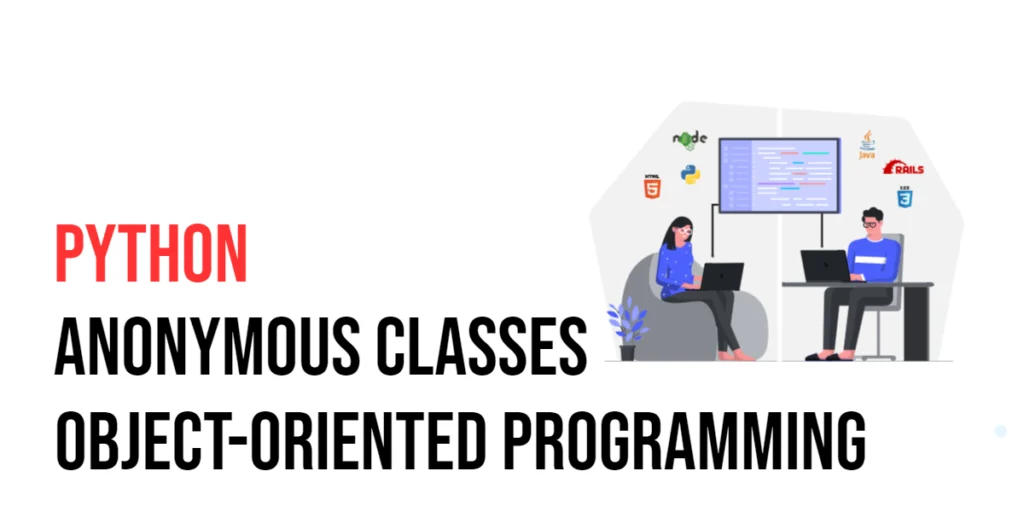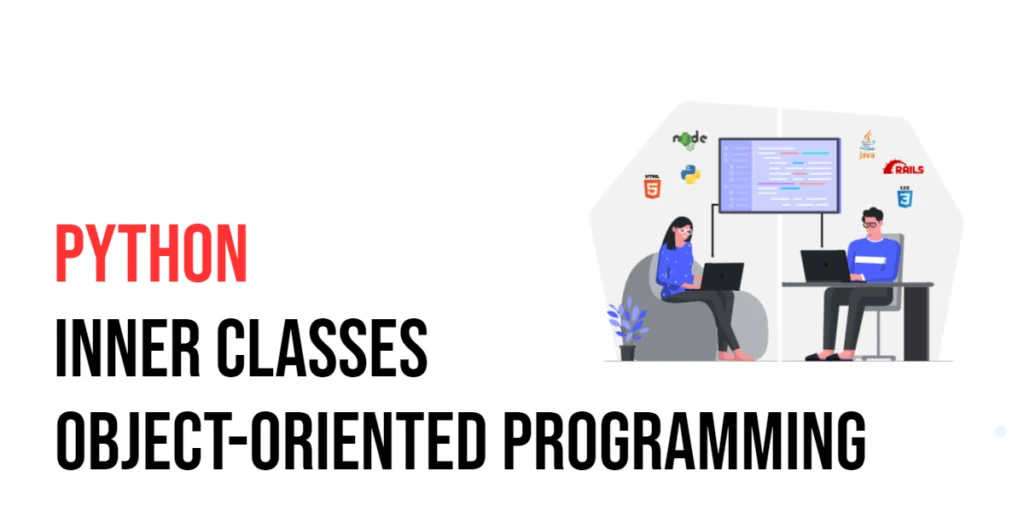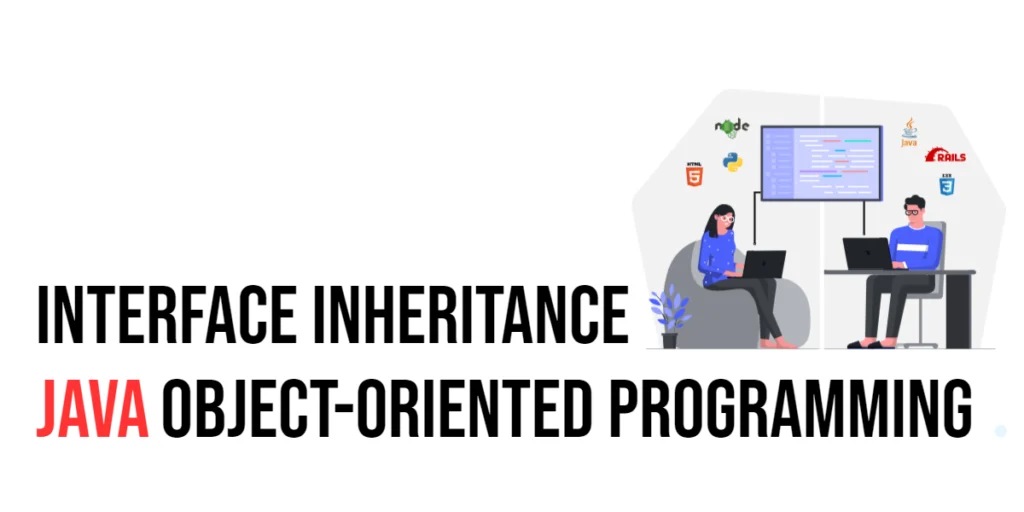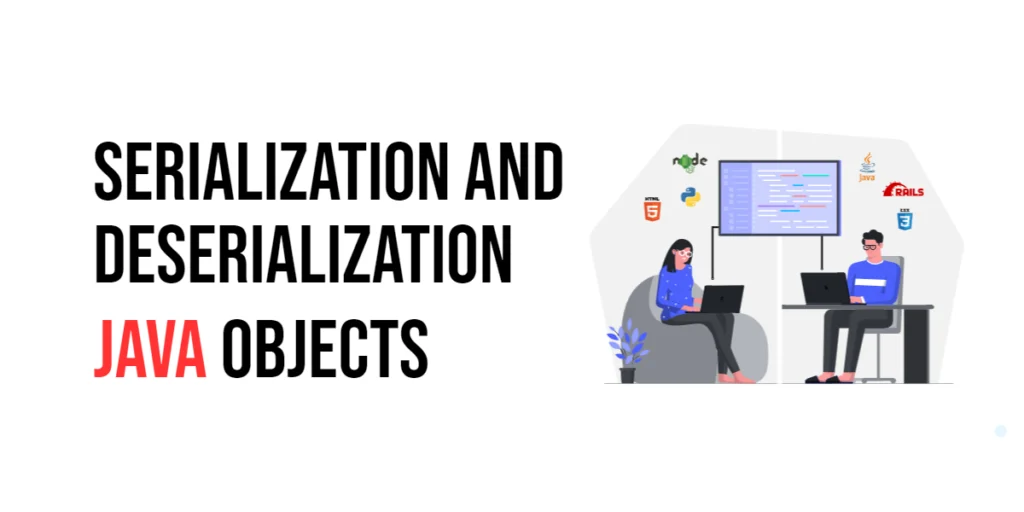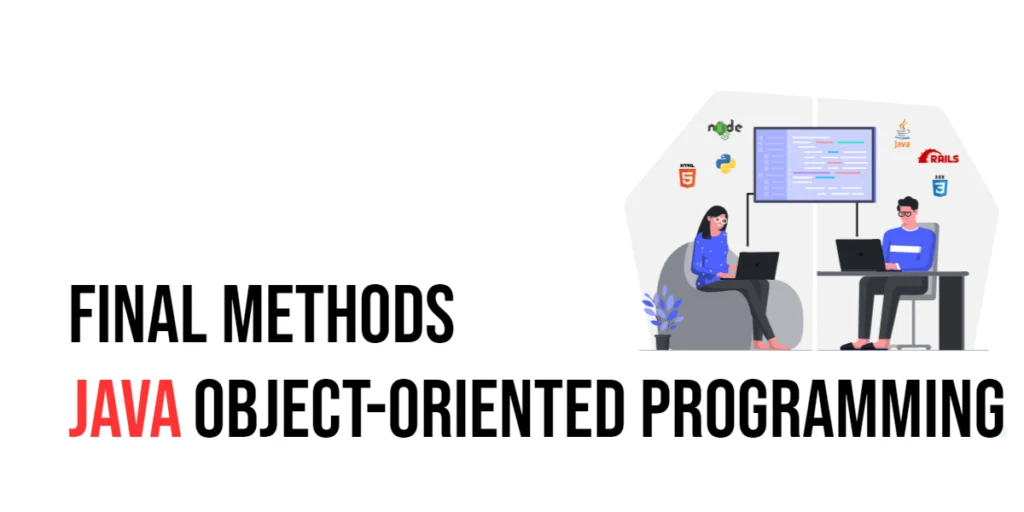Handling HTTP PUT Requests with Axios
When developing web applications, interacting with APIs to update data is a crucial task. HTTP PUT requests are commonly used for this purpose, allowing you to send data to a server to update an existing resource. PUT requests are integral to many functionalities, such as updating user information, modifying product details, and changing settings. Axios, […]
Handling HTTP PUT Requests with Axios Read More »
